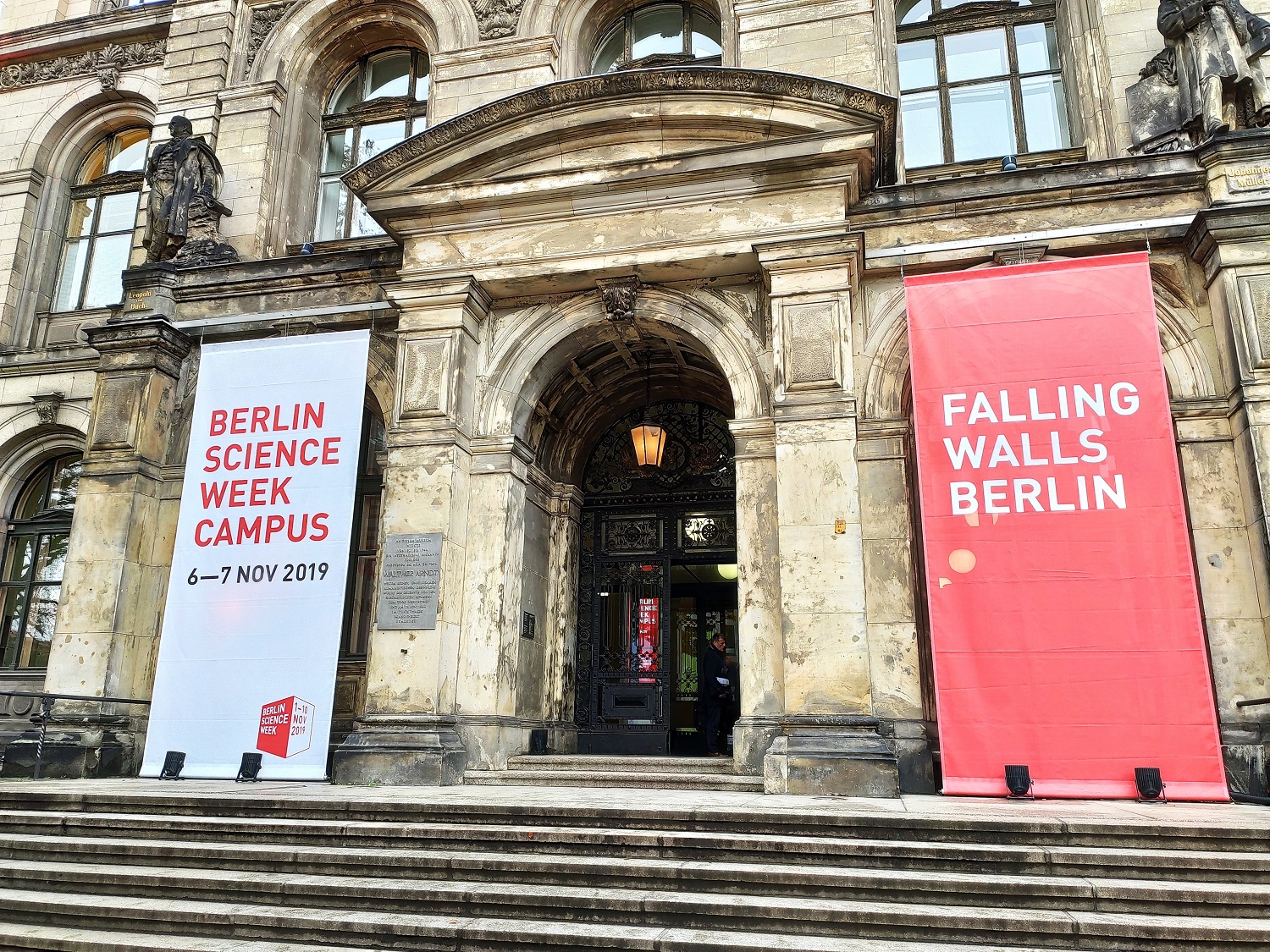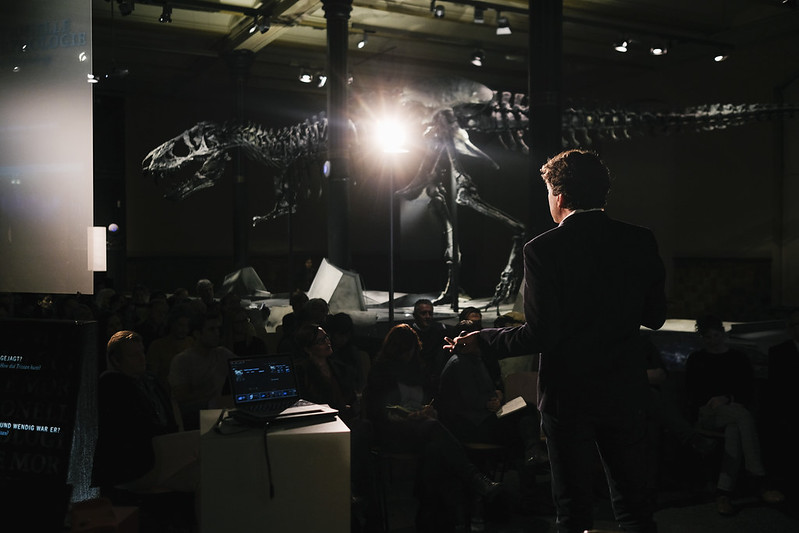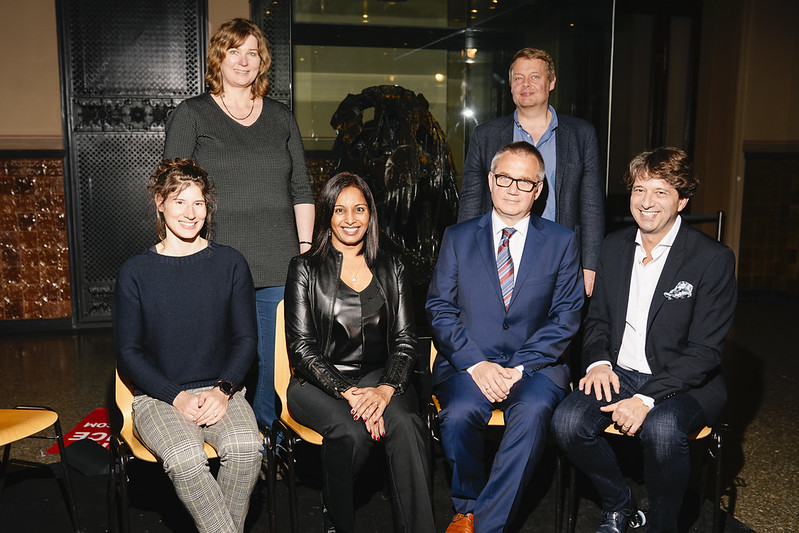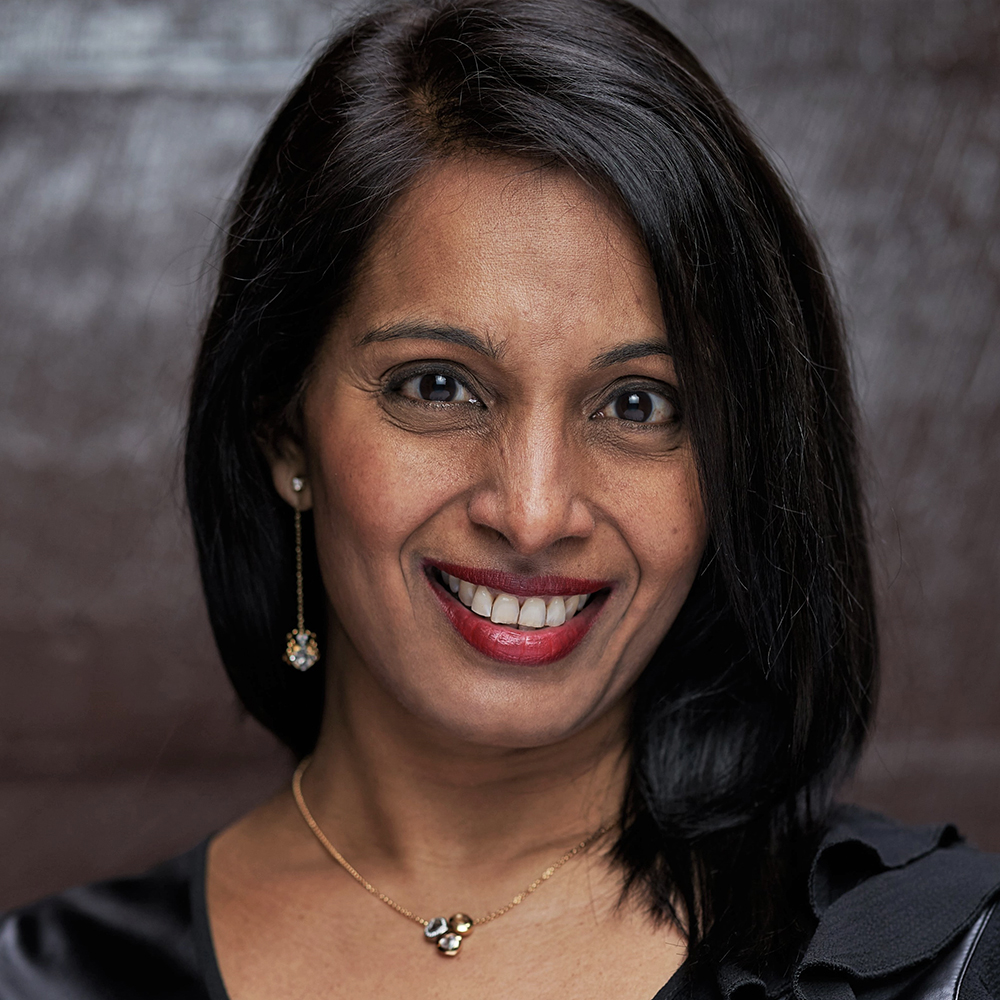“Are you sure you want me to moderate the RETHINK Antibiotics event?” Probably the most unconventional response yet that the ETH has received from a potential moderator! Don’t get me wrong, I was deeply honoured to be asked, but I was also a little bit terrified. Apart from the relief I would get for a throat burning up from a streptococcal infection, what did I really know about antibiotics or why they were in the spotlight or what to do about it? However, in the weeks leading up to the Berlin Science Week, I received a crash-course in the realm of antibiotic resistance and the battle against it from experts Sven Panke, Irene Wüthrich, Peter Sander, Silja Wessler, and Gisbert Schneider which left me in tremendous appreciation for, a) how incomprehensible the human suffering is and will be if we do not have working antibiotics, b) the transformative, innovative approaches and the cliff-hanger moments within them that researchers and scientists are pushing forward and through every day, and c) the fact that this is literally a race against time to secure an alternate future so that 100 years of medical innovation may not be lost to us even as the efficacies of existing antibiotic therapies continue to be threatened by drug-resistant microbes.
Human, machines, and the quest to defeat antimicrobial resistance!
by Shalini Trefzer, 12.12.2019

The entrance to the Museum für Naturkunde in Berlin, this year's venue of the Berlin Science Week Campus and ETH Zurich's events. (photo credit: ETH Zurich)
For the third time, ETH Zurich participated in the Berlin Science Week which brings together people from the world’s most innovative scientific institutions to celebrate science, to connect and engage with the local and international science community and the public. Based in Berlin, Science Week is the global platform for dialogue and collaboration between science and society to inspire a deeper understanding of our world. Shalini Trefzer, one of our moderators, tells us how she experienced the Science Week in two parts.

Tristan, the T-Rex is listening intently to the talk. (photo credit: Jan Welchering/ETH Zurich)
While all the advances presented in the event were ground-breaking, as a listener, there’s always something which sticks with you long after the talk. The three things that remained with me are:
1) Suppressing the mechanism which drives drug resistance or targeting the essential factors that the microbe needs to survive.
2) Looking in uncommon places for the next antibiotics, like soil microbiota (keep in mind the last new class of antibiotics was discovered in 1987!)
3) What else can your new molecule solve? Can we use AI-guided discovery to design molecules which kill bacterial and cancer cells - How cool would that be?!

The speakers of the RETHINK Antibiotics event during Berlin Science Week 2019. (photo credit: Jan Welchering/ETH Zurich)
Towards the end of this session, I asked the audience how many physicians, researchers, and scientists were among them. Quite a few hands went up and, I felt inspired to thank them for the important work they are doing every day to improve the quality of life for millions. This event also brought home to me the importance of investing deeply into scientific research and creating instruments to bring the right outcomes into commerce and community to benefit humanity.

About the author
Shalini Trefzer serves as Executive Director of the Think Tank, World in 2050, of the global affairs media network the Diplomatic Courier. Married to a Swiss and with a growing daughter, she’s lived in the Basel region since 2008 and had a long career in Fortune 500 companies. Shalini is in awe of the mountains and recently learned downhill skiing.


